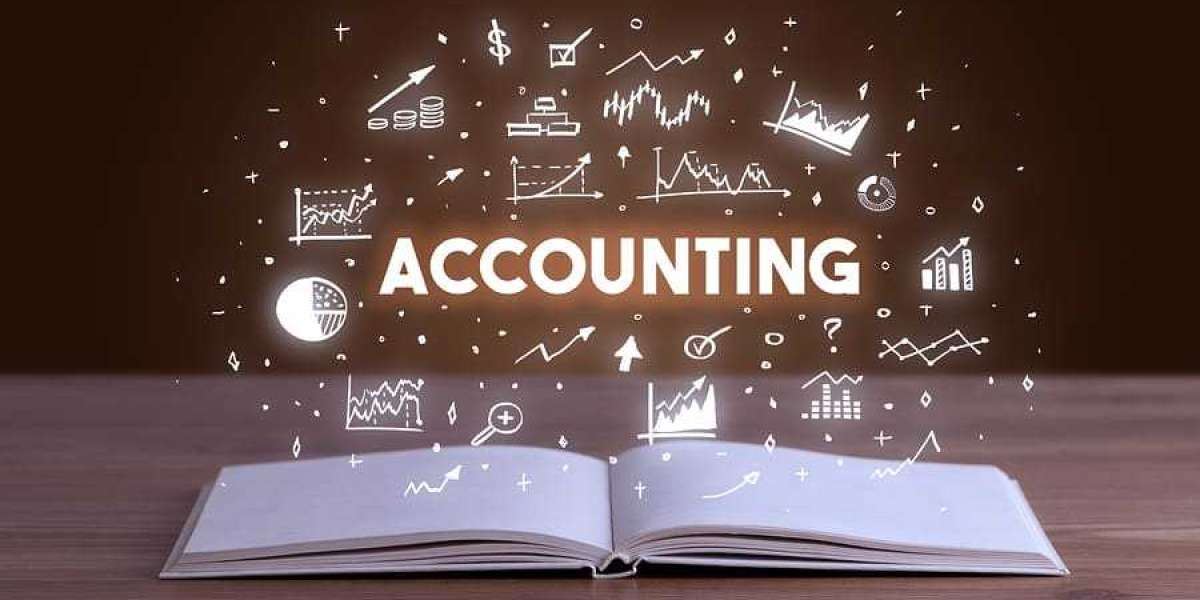Running an Airbnb property can be an exciting way to earn income, but like any business, it comes with responsibilities—especially when it comes to finances. Many hosts underestimate how complex accounting for Airbnb can become, particularly when tax season arrives or when trying to maximize profits. One of the most important steps is tracking your expenses properly. If you don’t keep good records, you may miss out on deductions or end up overpaying taxes.
So, what expenses should you track when managing an Airbnb? Let’s break it down.
Property-Related Expenses
Your property is the foundation of your Airbnb business, so any costs tied directly to it are essential to track. These can include:
- Mortgage Interest or Rent – If you own the property, you may deduct the interest portion of your mortgage. If you rent it, you can often write off part of your rent.
- Property Taxes – Local property taxes are a deductible expense.
- Insurance Premiums – This includes homeowners insurance, landlord insurance, or any special short-term rental insurance policies.
Tracking these will help you claim eligible deductions and reduce your taxable income.
Utilities and Services
Running an Airbnb typically means covering the cost of utilities for your guests. Keep records of:
- Electricity, gas, and water bills
- Internet and cable services
- Trash and recycling fees
Even if you share utilities with your personal residence, you can deduct a portion that applies to your rental activity. Documenting this carefully is a key part of accounting for Airbnb.
Cleaning and Maintenance
Cleanliness is one of the top factors guests look for in reviews, so it’s no surprise cleaning costs add up quickly. Expenses to track include:
- Professional cleaning services
- Laundry costs for sheets and towels
- Cleaning supplies like detergents, disinfectants, and vacuums
- Routine maintenance such as lawn care, pest control, or snow removal
These are considered ordinary and necessary business expenses, and they’re fully deductible.
Repairs and Improvements
Not every upgrade is treated the same in accounting. Repairs that keep your property in working condition (like fixing a broken door lock or repairing a leaky faucet) can usually be deducted in the year you spend the money. However, larger improvements (like installing a new HVAC system or renovating the kitchen) may need to be depreciated over time.
Good accounting for Airbnb means separating immediate expenses from capital improvements, so you don’t make mistakes that could trigger an IRS audit.
Guest Supplies and Amenities
Guests expect more than just a bed to sleep in. To enhance their experience, many hosts provide extras, and these can be deducted as business expenses:
- Toiletries (soap, shampoo, conditioner, toilet paper)
- Coffee, tea, or snacks
- Kitchen supplies like utensils, plates, or pots
- Small appliances or décor that improve guest comfort
These purchases may feel minor, but they add up quickly, so keep every receipt.
Technology and Software
Managing bookings, pricing, and guest communication often requires digital tools. Common expenses to track include:
- Airbnb service fees
- Channel management software
- Dynamic pricing tools
- Accounting or bookkeeping software
- Website hosting or direct booking platforms
Because these are tools you use to run your business, they’re fully deductible and play an important role in professional Airbnb accounting.
Travel and Transportation
If you don’t live on-site, you might need to travel back and forth to manage your property. In that case, track:
- Mileage or gas expenses for trips to the property
- Parking fees and tolls
- Airfare or hotels (if you manage an Airbnb in a different city or country)
Make sure these trips are business-related, and keep detailed logs in case of tax inquiries.
Professional Services
Sometimes it pays to bring in experts. If you hire professionals, their fees are deductible, such as:
- Accountants or bookkeepers specializing in Airbnb
- Lawyers for legal contracts or disputes
- Property managers or co-hosts
- Marketing consultants
Hiring the right professionals not only helps you stay compliant but also ensures your accounting for Airbnb is accurate and efficient.
Depreciation
Depreciation allows you to spread the cost of large assets over their useful life. For Airbnb hosts, this could include the property itself (if owned), furniture, or appliances. Instead of deducting the full cost in one year, you write off a portion annually.
Tracking depreciation correctly is vital for long-term savings, and it’s an area where many hosts benefit from professional accounting advice.
Taxes and Fees
Don’t forget about expenses related to taxes and fees, such as:
- Airbnb host service fees
- Local occupancy taxes (sometimes collected by Airbnb, sometimes not)
- Business license or permit fees
- Bank charges or payment processing fees
These are directly tied to your Airbnb income and should always be recorded.
Best Practices for Airbnb Expense Tracking
- Separate Personal and Business Finances – Open a dedicated bank account and credit card for your Airbnb business.
- Use Accounting Software – Tools like QuickBooks or specialized Airbnb accounting apps make tracking easier.
- Save Every Receipt – Whether paper or digital, documentation is key for proving deductions.
- Log Income and Expenses Monthly – Don’t wait until tax season; update your books regularly.
- Consult a Professional – Even if you handle day-to-day records yourself, check in with an accountant at least once a year.
Conclusion
Keeping up with expenses may not be the most exciting part of hosting, but it’s one of the most important. By tracking costs like mortgage interest, utilities, cleaning, repairs, supplies, and software, you’ll not only stay compliant with tax regulations but also maximize your profitability.
In short, accounting for Airbnb isn’t just about balancing numbers—it’s about creating a sustainable business that grows year after year. The better you are at tracking expenses, the more control you’ll have over your bottom line.







